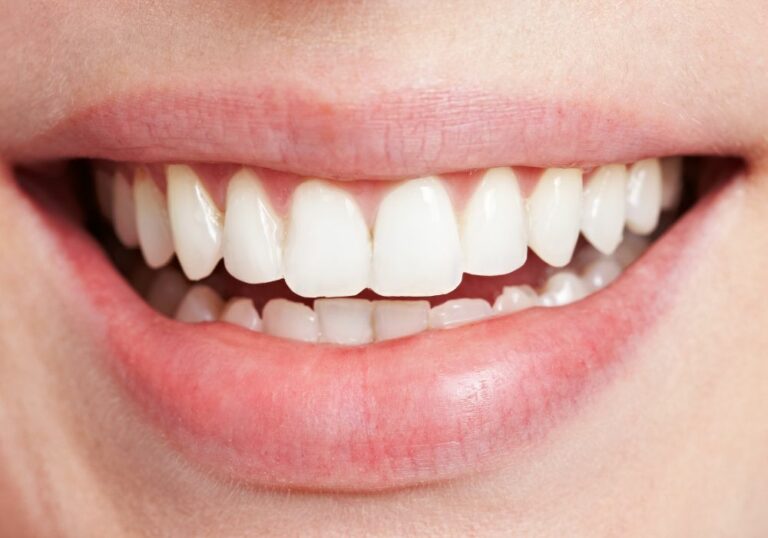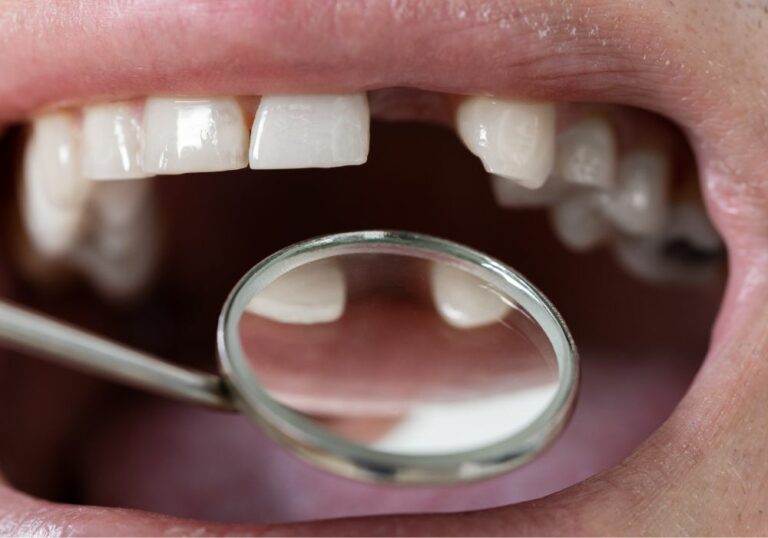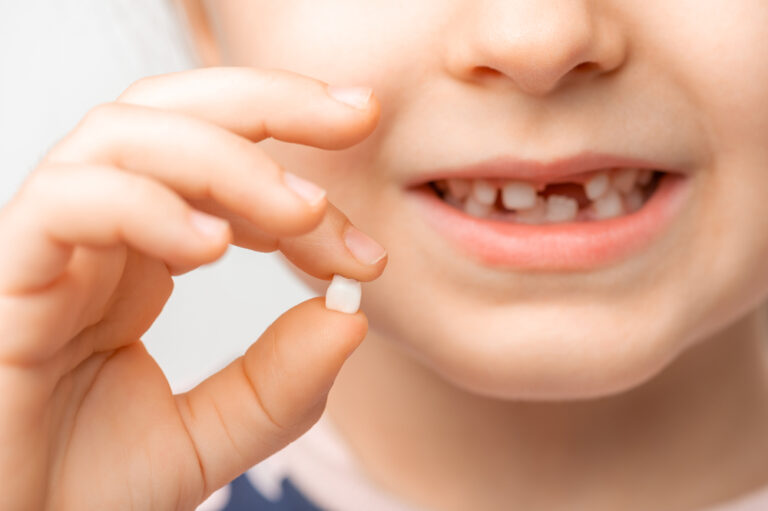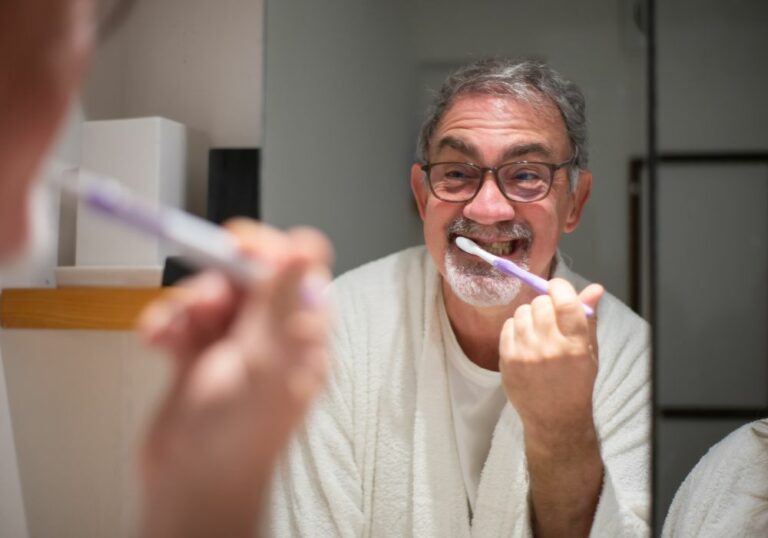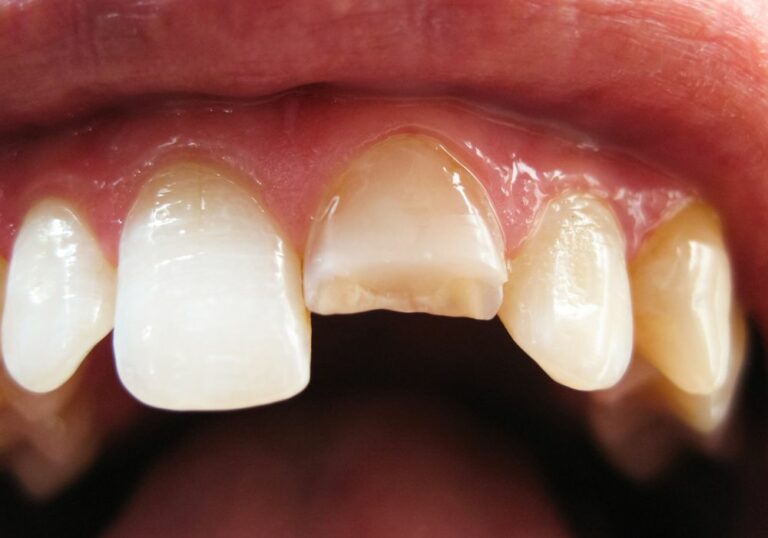Are you a coffee lover who is also trying to maintain a bright, white smile? If so, you may have heard conflicting advice about whether it’s okay to drink coffee through a straw while whitening your teeth. Some sources claim that using a straw can help minimize contact between the coffee and your teeth, reducing the risk of staining. Others warn that drinking through a straw can actually make the problem worse. So, what’s the truth?
While there is no one-size-fits-all answer to this question, there are a few things to consider when deciding whether to drink coffee through a straw during teeth whitening. Factors such as the type of whitening treatment you are undergoing, the strength of your coffee, and the sensitivity of your teeth can all play a role in determining whether using a straw is a good idea. By understanding the potential benefits and drawbacks of using a straw, you can make an informed decision about how to enjoy your coffee without compromising your dental health.
Understanding Teeth Whitening
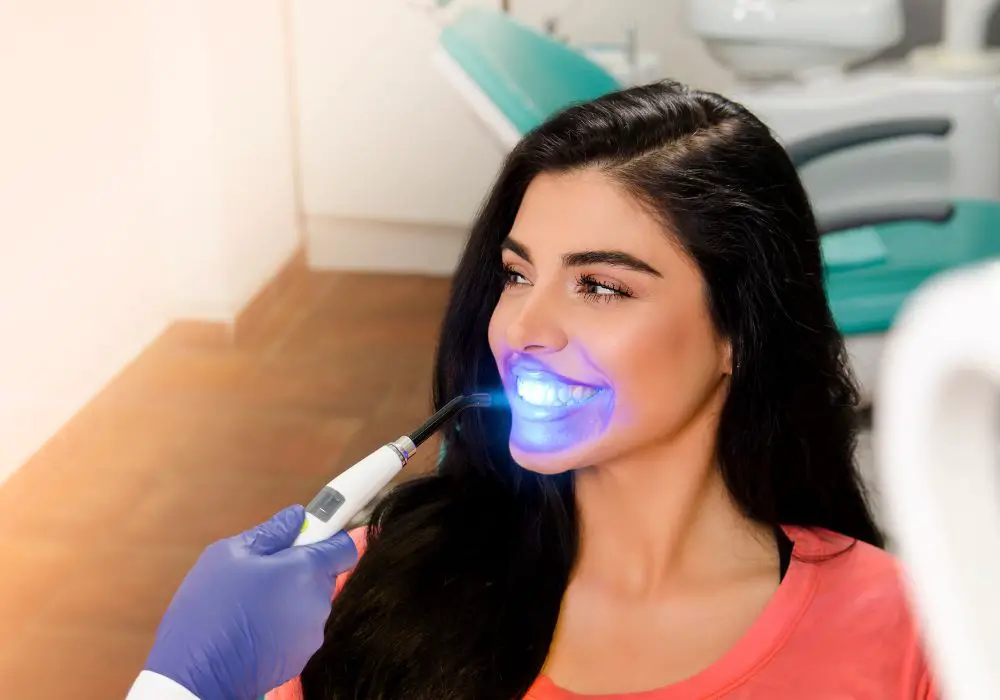
Teeth whitening is a cosmetic dental procedure that involves removing stains and discoloration from teeth to improve their appearance. There are several different methods for teeth whitening, including in-office treatments, at-home treatments, and over-the-counter products.
The most common method of teeth whitening involves the use of a bleaching agent, typically hydrogen peroxide or carbamide peroxide. These agents work by breaking down the stains on the surface of the teeth and penetrating the enamel to remove deeper stains.
It is important to note that teeth whitening is not a permanent solution. The effects of teeth whitening can last anywhere from a few months to a few years, depending on the individual and their lifestyle habits. Regular maintenance, such as touch-up treatments and avoiding certain foods and drinks, is necessary to maintain the results of teeth whitening.
While teeth whitening is generally safe, there are some potential side effects to be aware of. These can include sensitivity, gum irritation, and uneven whitening. It is important to follow the instructions provided by your dentist or the product manufacturer to minimize the risk of side effects.
In addition, it is important to have realistic expectations for the results of teeth whitening. While it can significantly improve the appearance of your teeth, it may not be able to completely remove all stains or discoloration. It is also important to understand that the degree of whitening will vary depending on the individual and the method used.
Overall, teeth whitening can be a great way to improve the appearance of your smile. By understanding the process and potential risks, you can make an informed decision about whether it is the right choice for you.
Coffee and Teeth Whitening
If you’re a coffee lover, you might be worried about the effect it will have on your newly whitened teeth. Drinking coffee through a straw is a popular suggestion to avoid staining your teeth, but is it effective?
Using a straw can help minimize the amount of contact between coffee and your teeth, which can reduce the risk of staining. However, it’s important to note that using a straw won’t completely eliminate the risk of staining. Coffee can still come into contact with your teeth through your lips and tongue.
Another factor to consider is the temperature of your coffee. Hot liquids can cause your teeth to expand, which can allow stains to penetrate more easily. If you prefer hot coffee, consider waiting until it cools down before drinking it through a straw.
It’s also important to note that drinking coffee through a straw can have other benefits besides teeth whitening. For example, it can help prevent tooth decay by reducing the amount of sugar and acid that comes into contact with your teeth.
Overall, drinking coffee through a straw can be a helpful strategy to reduce the risk of staining your teeth while whitening, but it’s not a foolproof method. It’s important to practice good oral hygiene and limit your intake of dark-colored beverages to maintain a bright, white smile.
Straw Usage During Teeth Whitening
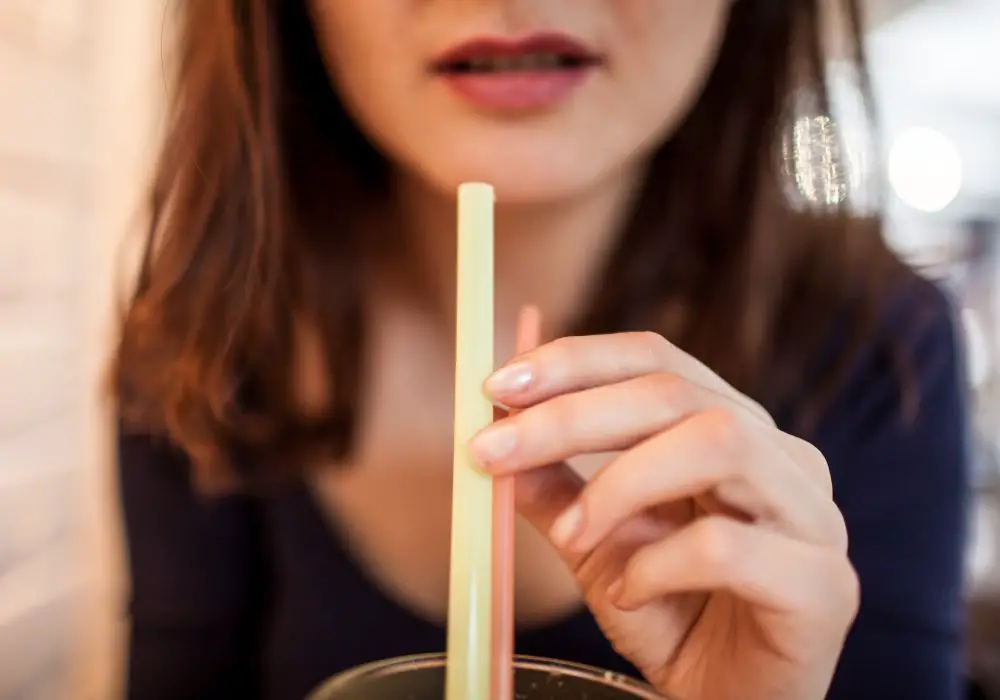
Using a straw while drinking coffee or other dark-colored beverages is a common suggestion to minimize the contact between the liquid and your teeth during teeth whitening. However, there are both benefits and potential drawbacks to using a straw that you should consider before making the switch.
Benefits of Using a Straw
The primary benefit of using a straw while teeth whitening is that it can help minimize the amount of time that the liquid contacts your teeth. By sipping through a straw, you can direct the liquid towards the back of your mouth, avoiding contact with the front teeth, which are the most visible and most likely to stain.
Additionally, using a straw can reduce the risk of sensitivity during and after teeth whitening. The bleaching agents used in teeth whitening can sometimes make teeth more sensitive to hot and cold temperatures. By using a straw to drink your coffee, you can avoid exposing your teeth to extreme temperatures, which can exacerbate sensitivity.
Potential Drawbacks
While using a straw can be beneficial during teeth whitening, there are some potential drawbacks to consider. First, using a straw can be inconvenient or impractical in certain situations, such as when you’re drinking from a mug or a cup with a lid.
Second, using a straw may not completely eliminate the risk of staining. Dark-colored beverages like coffee can still come into contact with your teeth through your saliva, even if you’re sipping through a straw. Additionally, using a straw can sometimes cause the liquid to bypass your taste buds, which can affect the flavor of your drink.
Overall, using a straw while drinking coffee during teeth whitening can be a helpful strategy to minimize the risk of staining and sensitivity. However, it’s important to weigh the benefits and potential drawbacks and decide if it’s the right choice for you.
Alternative Beverages During Teeth Whitening
When undergoing teeth whitening, it’s important to avoid certain drinks that can stain your teeth and reduce the effectiveness of the treatment. Coffee, tea, red wine, and soda are some of the most common culprits that can leave your teeth looking yellow and dull. However, you don’t have to give up your favorite beverages altogether. Here are some alternative drinks that you can enjoy during teeth whitening:
Water
Water is always a safe bet when it comes to staying hydrated and keeping your teeth healthy. It’s also a great alternative to sugary drinks that can damage your teeth and interfere with your whitening treatment. Drinking water can help rinse away food particles and bacteria that can cause tooth decay and bad breath.
Milk
If you’re a coffee lover, you don’t have to give up your morning cup of joe completely. Instead, consider adding some milk to your coffee. Milk can help neutralize the acidity of coffee and reduce the risk of staining your teeth. Plus, it’s a good source of calcium, which is essential for strong bones and teeth.
Herbal Tea
Herbal teas are a great alternative to black tea and other types of tea that can stain your teeth. Chamomile, peppermint, and ginger tea are all good options that can help soothe your stomach and promote relaxation. Just make sure to choose a tea that doesn’t contain any added sugar or artificial sweeteners.
Coconut Water
Coconut water is a refreshing and hydrating drink that can help keep your teeth healthy and white. It’s also a good source of electrolytes, which can help replenish your body after a workout or a long day in the sun. Coconut water is low in calories and sugar, making it a healthier alternative to soda and other sugary drinks.
Sparkling Water
If you’re craving something fizzy, sparkling water is a good option that won’t harm your teeth. It’s also a good alternative to soda and other sugary drinks that can cause tooth decay and other dental problems. Just make sure to choose a brand that doesn’t contain any added sugar or artificial sweeteners.
By choosing the right beverages during teeth whitening, you can help protect your teeth and achieve the best possible results. Remember to drink plenty of water and avoid sugary drinks that can damage your teeth and interfere with your treatment.
Maintaining Whitened Teeth

After going through the teeth whitening process, it is important to take care of your teeth to maintain their brightness. Here are some tips to help you maintain your whitened teeth:
1. Brush and Floss Regularly
Brushing and flossing regularly can help prevent stains from forming on your teeth. Brush your teeth at least twice a day and floss at least once a day to remove any food particles that may cause staining.
2. Use a Whitening Toothpaste
Using a whitening toothpaste can help maintain the brightness of your teeth. Look for a toothpaste that contains hydrogen peroxide, which is a common ingredient in teeth whitening products.
3. Avoid Staining Foods and Drinks
To avoid staining your teeth, it is best to avoid foods and drinks that are known to cause staining. This includes coffee, tea, red wine, and dark-colored fruits and vegetables. If you do consume these foods and drinks, use a straw to minimize contact with your teeth.
4. Rinse Your Mouth After Eating or Drinking
Rinsing your mouth with water after eating or drinking can help remove any staining particles from your teeth. This is especially important if you have consumed staining foods or drinks.
5. Visit Your Dentist Regularly
Regular dental check-ups can help keep your teeth healthy and white. Your dentist can also provide you with professional teeth cleaning and touch-up whitening treatments to maintain the brightness of your teeth.
By following these tips, you can help maintain the brightness of your teeth and keep them looking their best.
Frequently Asked Questions
What can I drink after teeth whitening?
It is recommended that you avoid dark-colored beverages such as coffee, tea, and red wine for at least 24 hours after teeth whitening. Instead, drink clear liquids such as water, white grape juice, and clear soda.
Can I drink coffee with milk after teeth whitening?
It is best to avoid coffee altogether for at least 24 hours after teeth whitening. However, if you must have your coffee fix, it is better to drink it black or with a non-dairy milk alternative such as almond milk or coconut milk. Dairy milk can cause staining due to its high protein content.
How do you drink coffee with a straw without staining your teeth?
Drinking coffee with a straw can help minimize the amount of contact the coffee has with your teeth. However, it is important to position the straw towards the back of your mouth and avoid letting the coffee sit in your mouth for too long. Rinse your mouth with water after drinking to help wash away any remaining coffee residue.
Can I still drink coffee while using whitening strips?
It is best to avoid coffee while using whitening strips as the strips can make your teeth more susceptible to staining. If you must drink coffee, wait at least 30 minutes after using the strips and rinse your mouth with water afterwards.
Can I drink soda through a straw after teeth whitening?
It is not recommended to drink soda after teeth whitening as it is highly acidic and can cause damage to your enamel. If you must drink soda, use a straw and position it towards the back of your mouth to minimize contact with your teeth.
How long after teeth whitening can I smoke?
It is best to avoid smoking for at least 24 hours after teeth whitening as smoking can cause staining and discoloration. However, smoking should be avoided altogether for optimal oral health.


